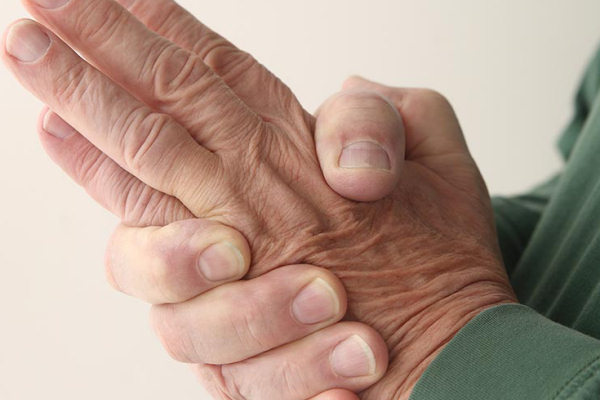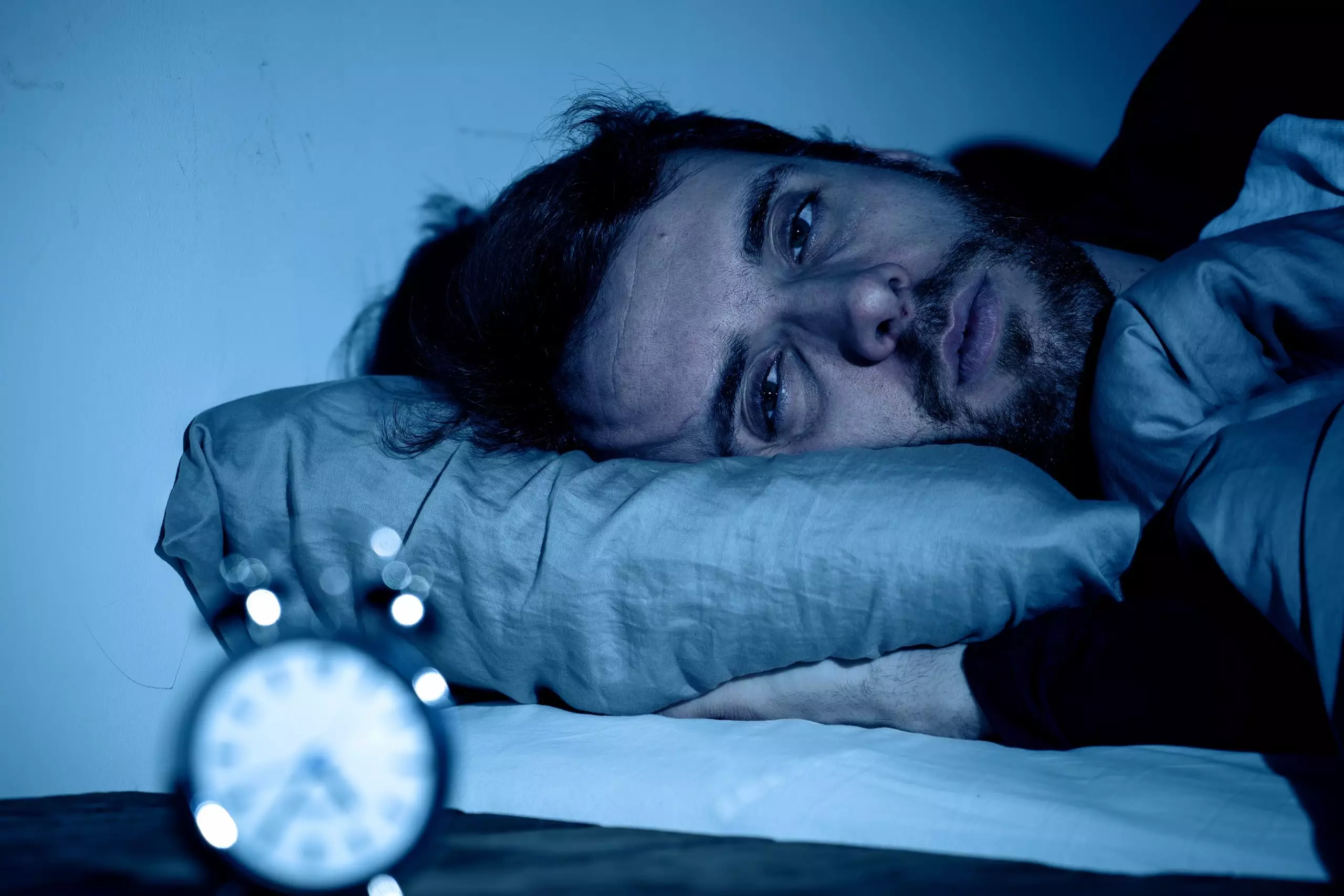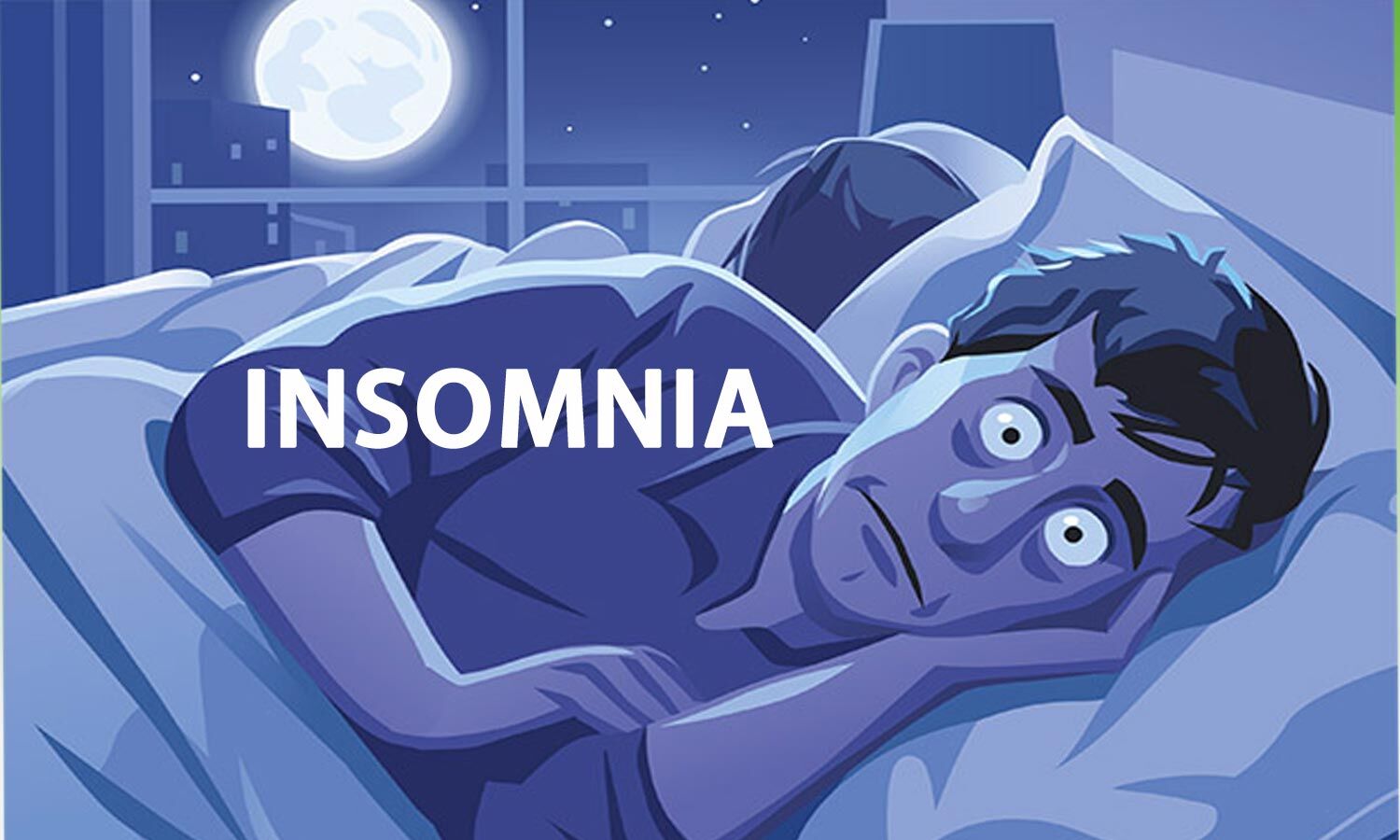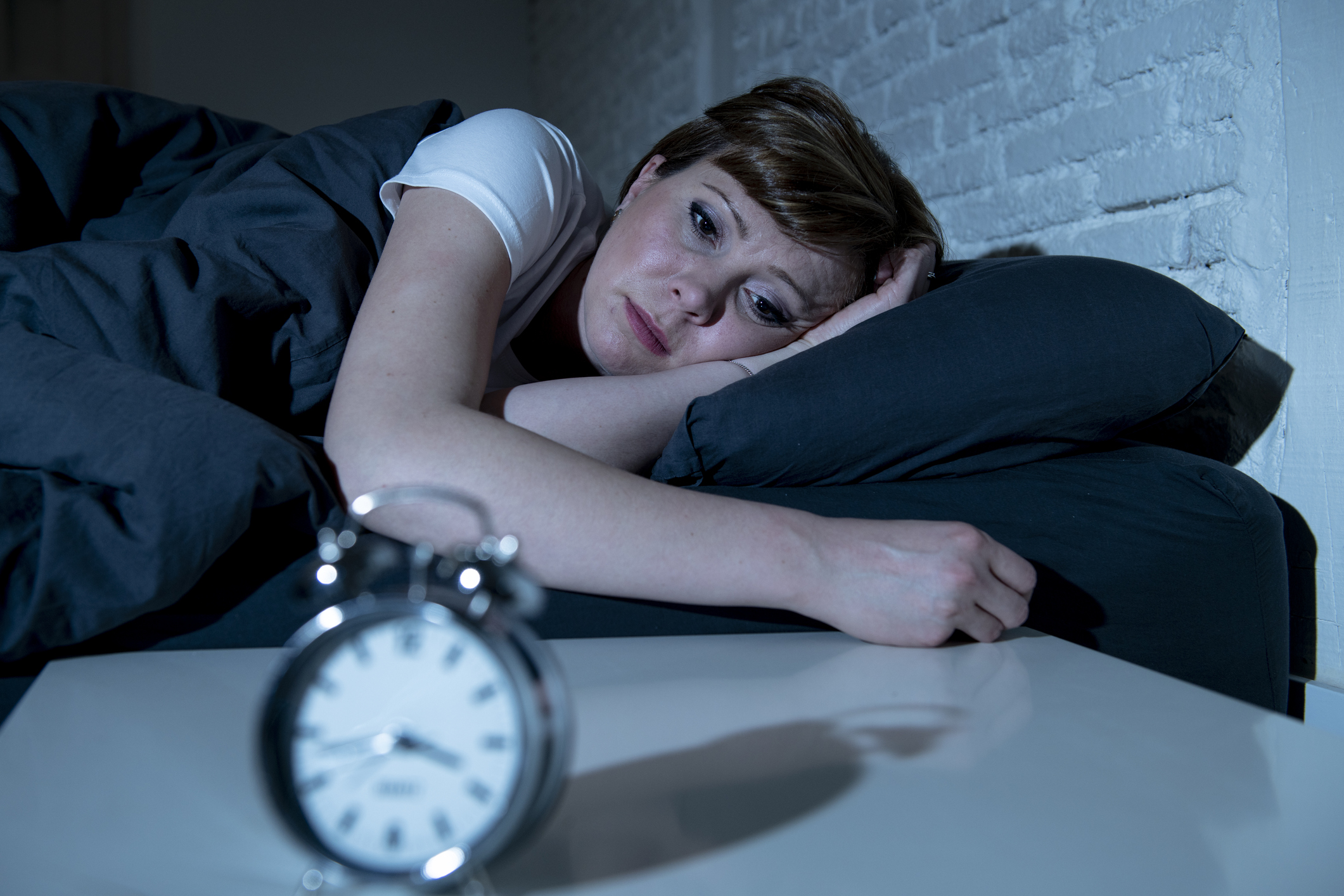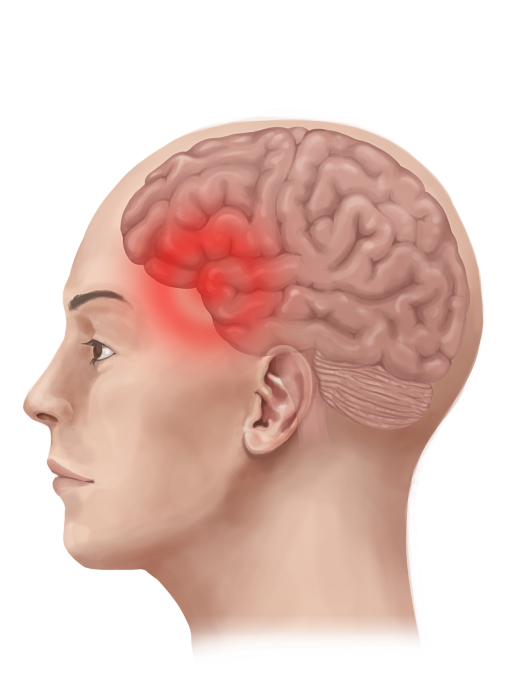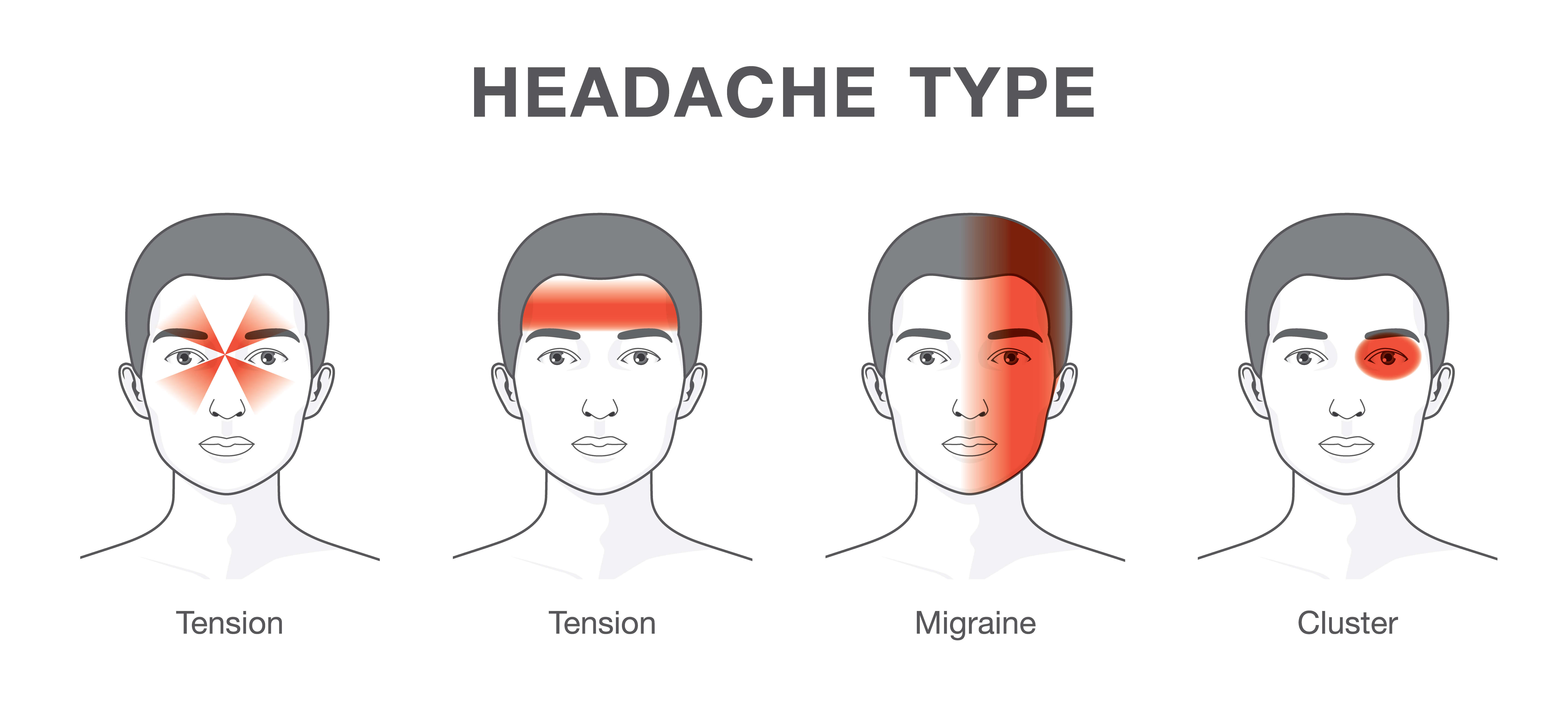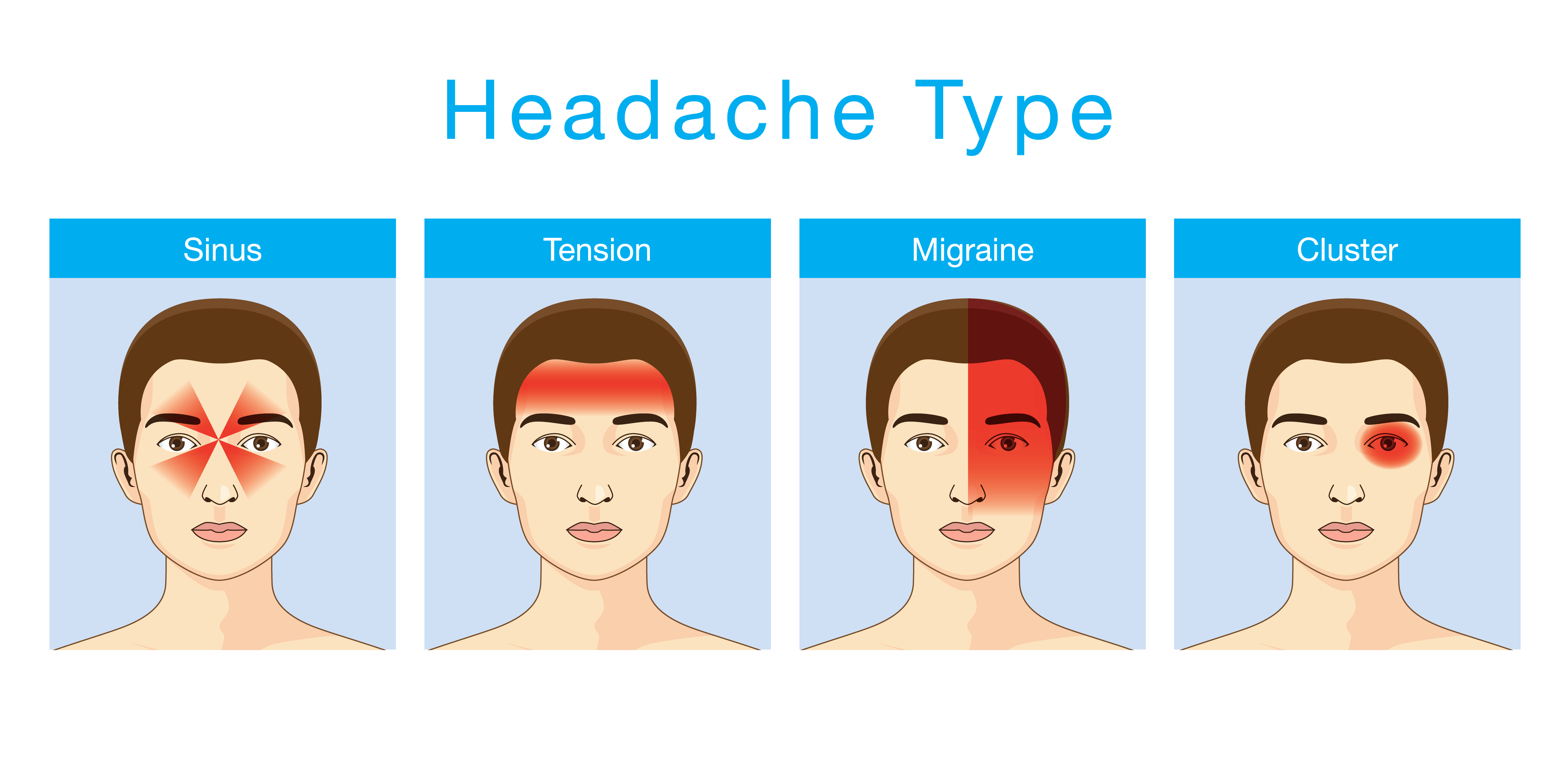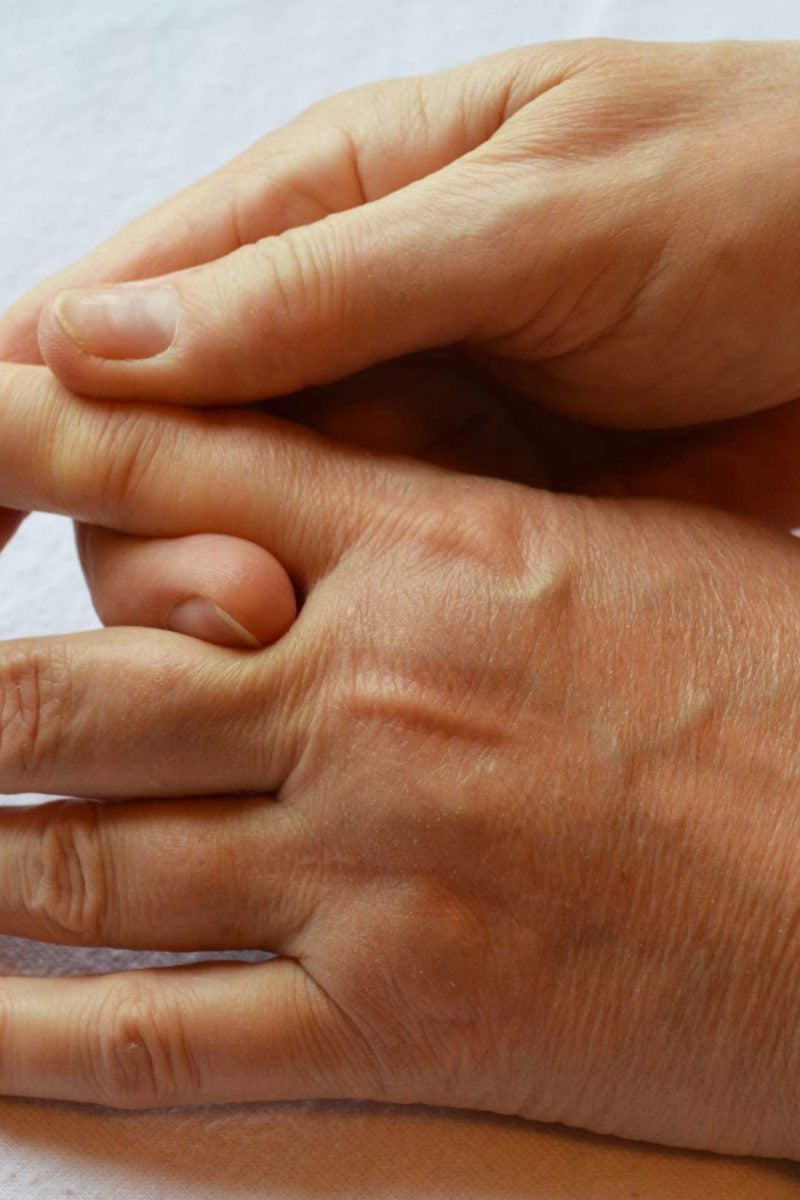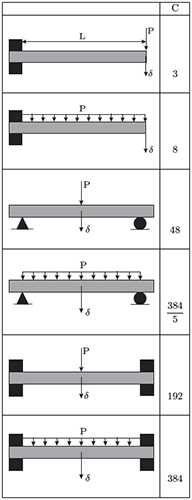If you wake up with lower back pain, it could be a sign that your mattress is not providing enough support for your spine. A bad mattress can cause your spine to curve in an unnatural way, putting strain on your muscles and joints. This can lead to chronic back pain, making it difficult to get a good night's sleep.Back Pain
Waking up with a stiff or sore neck can be a result of sleeping on a bad mattress. When your mattress doesn't properly support your neck and head, it can cause strain on your neck muscles and lead to neck pain. This can also cause headaches and make it difficult to turn your head during the day.Neck Pain
A bad mattress can also cause shoulder pain and discomfort. When your mattress doesn't provide enough cushioning for your shoulders, it can put pressure on them and cause pain. This can affect your ability to sleep comfortably and may even lead to shoulder injuries over time.Shoulder Pain
If you experience hip pain or soreness when you wake up, it could be a sign that your mattress is too firm. A mattress that is too firm can put pressure on your hips and cause discomfort. On the other hand, a mattress that is too soft may not provide enough support for your hips, causing them to sink and putting strain on your joints.Hip Pain
If you wake up with numbness or tingling in your arms or legs, it could be due to a bad mattress. A mattress that is too firm can restrict blood flow to your extremities, causing numbness and tingling. This can also happen if your mattress doesn't properly support your body and puts pressure on certain areas.Numbness and Tingling
Difficulty falling or staying asleep can also be a symptom of sleeping on a bad mattress. When your body is not properly supported and comfortable, it can be difficult to relax and fall asleep. This can lead to insomnia and affect your overall sleep quality.Insomnia
Sleeping on a bad mattress can also cause you to toss and turn throughout the night. This is because your body is trying to find a comfortable position and is not getting the support it needs. Restless sleep can also be a symptom of other underlying health issues, so it's important to address it if it becomes a chronic problem.Restless Sleep
Waking up with soreness in your muscles and joints can be a sign that your mattress is not providing proper support. This can be especially noticeable in your hips, shoulders, and back. Over time, this can lead to chronic pain and discomfort.Soreness
If you frequently wake up with headaches, your mattress could be the culprit. As mentioned before, a bad mattress can cause neck pain and stiffness, which can lead to tension headaches. Additionally, a mattress that doesn't properly support your body can cause poor sleep quality, which can also contribute to headaches.Headaches
Finally, waking up with a stiff body can be a sign that your mattress is not providing the proper support and comfort for your body. This can make it difficult to get out of bed in the morning and can affect your mobility throughout the day. Over time, this stiffness can also lead to chronic pain and discomfort. In conclusion, it's important to pay attention to these symptoms and address them if you suspect that your mattress may be the cause. Investing in a high-quality, supportive mattress is essential for getting a good night's sleep and maintaining your overall health and well-being.Stiffness
Sleeping on a Bad Mattress: A Common Cause of Poor Quality Sleep

We spend about a third of our lives sleeping, making the quality of our sleep crucial for our overall health and well-being. However, many people overlook the importance of a good mattress and continue to sleep on old, worn-out ones. Sleeping on a bad mattress is a common cause of poor quality sleep , which can result in a range of negative symptoms that can impact our daily lives.
Common Symptoms of Sleeping on a Bad Mattress

A bad mattress can cause various physical discomforts, such as back pain, neck pain, and stiffness. This is because an old or low-quality mattress does not provide proper support and alignment for our bodies, causing strain on our muscles and joints. Over time, this can lead to chronic pain and even contribute to long-term conditions like arthritis.
Aside from physical discomfort, a bad mattress can also affect our mental well-being. Lack of quality sleep due to a bad mattress can lead to feelings of fatigue, irritability, and difficulty concentrating . This can impact our productivity and overall mood, making it harder to function effectively throughout the day.
In addition, sleeping on a bad mattress can also aggravate existing conditions such as allergies and asthma. Old mattresses can accumulate dust mites, mold, and other allergens that can trigger respiratory problems, resulting in difficulty breathing and disrupted sleep.
How to Know If You're Sleeping on a Bad Mattress

If you're experiencing any of the aforementioned symptoms, it's a sign that you may be sleeping on a bad mattress. However, there are other ways to determine if your mattress needs to be replaced or upgraded. One way is to pay attention to the age of your mattress. On average, a good quality mattress should last between 7-10 years. After this time, it may start to lose its support and comfort, leading to poor sleep quality.
You can also do a simple physical test by lying down on your mattress and paying attention to how your body feels. If you notice any sagging, lumpiness, or discomfort, it's a sign that your mattress is no longer providing adequate support. Additionally, if you constantly wake up feeling tired and achy, it could be a sign that you need to invest in a new mattress.
Invest in a Good Mattress for Better Sleep and Overall Health

While it may seem like a big investment, a good quality mattress is essential for getting a good night's sleep and maintaining our overall health. Investing in a good mattress can help alleviate physical discomfort, improve our mental well-being, and prevent potential health problems. When shopping for a mattress, consider factors such as support, comfort, and durability to ensure that you're getting the best quality for your budget.
Don't underestimate the impact that a bad mattress can have on your sleep and overall quality of life. Prioritize investing in a good quality mattress for better sleep and improved health.
In Conclusion

Sleeping on a bad mattress can have a significant impact on our physical and mental well-being. If you're experiencing any symptoms of poor sleep quality, it may be time to consider investing in a new mattress. Remember to pay attention to the age and condition of your mattress and prioritize factors such as support, comfort, and durability when shopping for a new one. With a good quality mattress, you can improve your sleep and overall health, making it a worthwhile investment in the long run.






:max_bytes(150000):strip_icc()/backpainfinal-01-5c3ba0bf46e0fb0001b5b300.png)








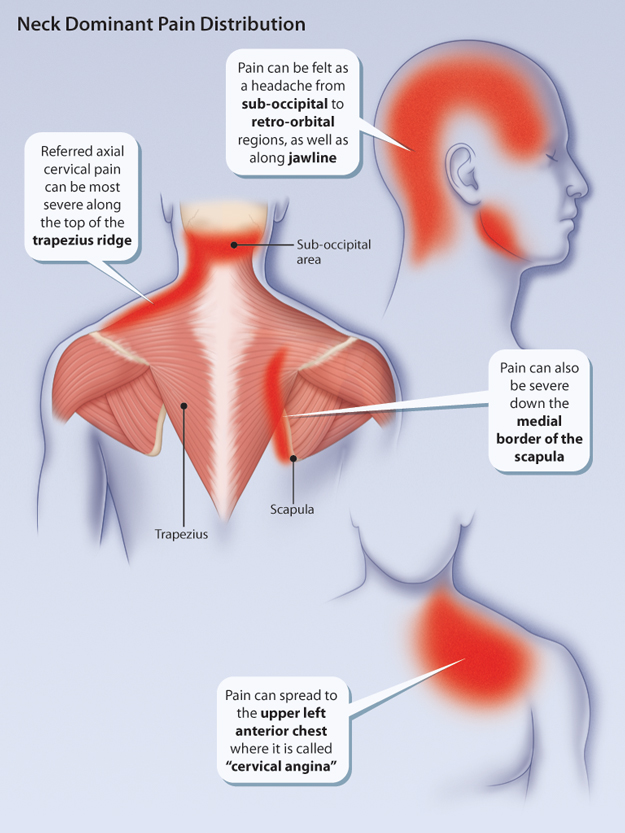







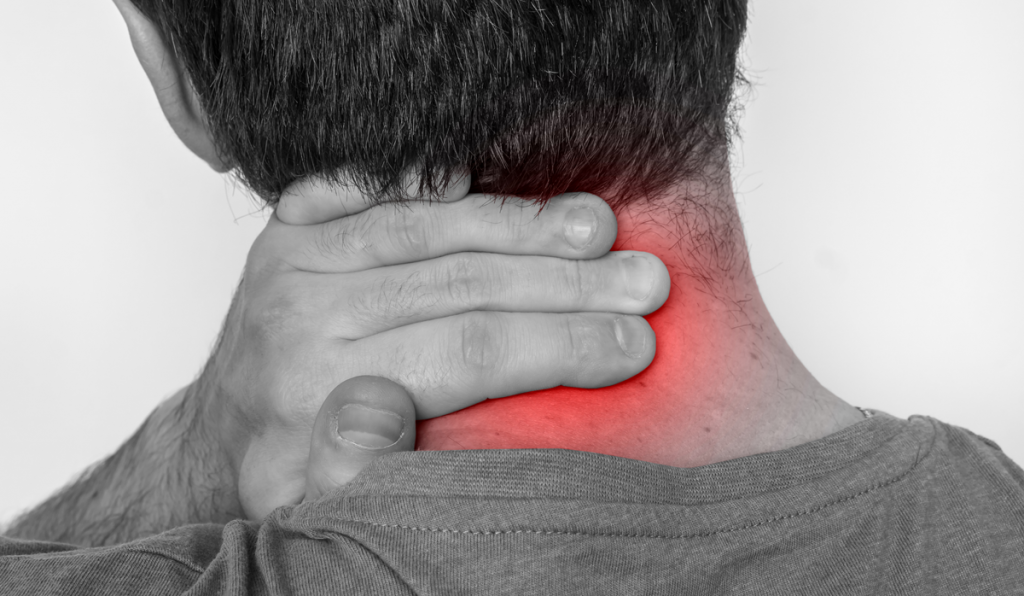









:max_bytes(150000):strip_icc()/shoulder_pain_medreview-01-5c3b9f8546e0fb0001bdeaaa.png)
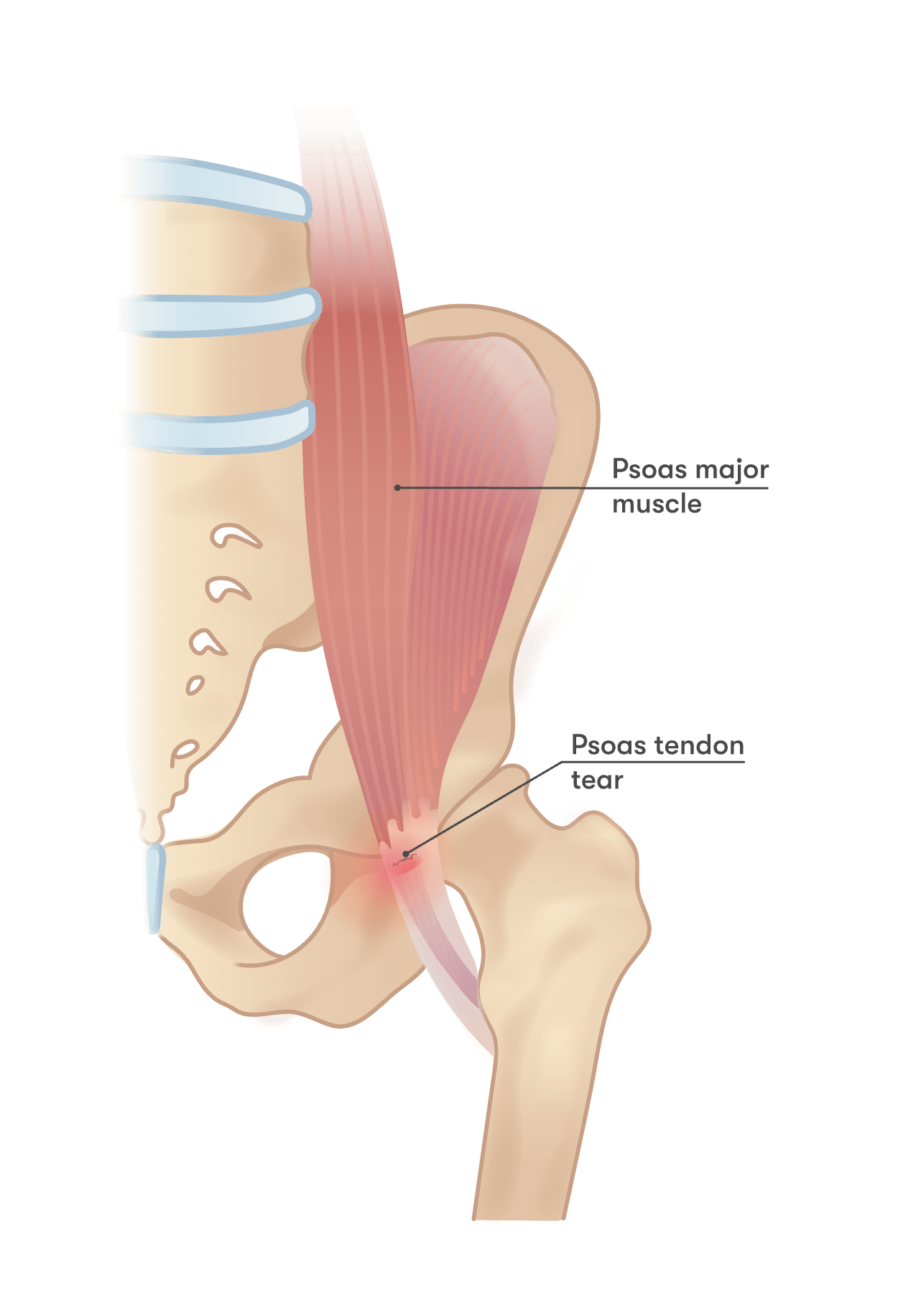

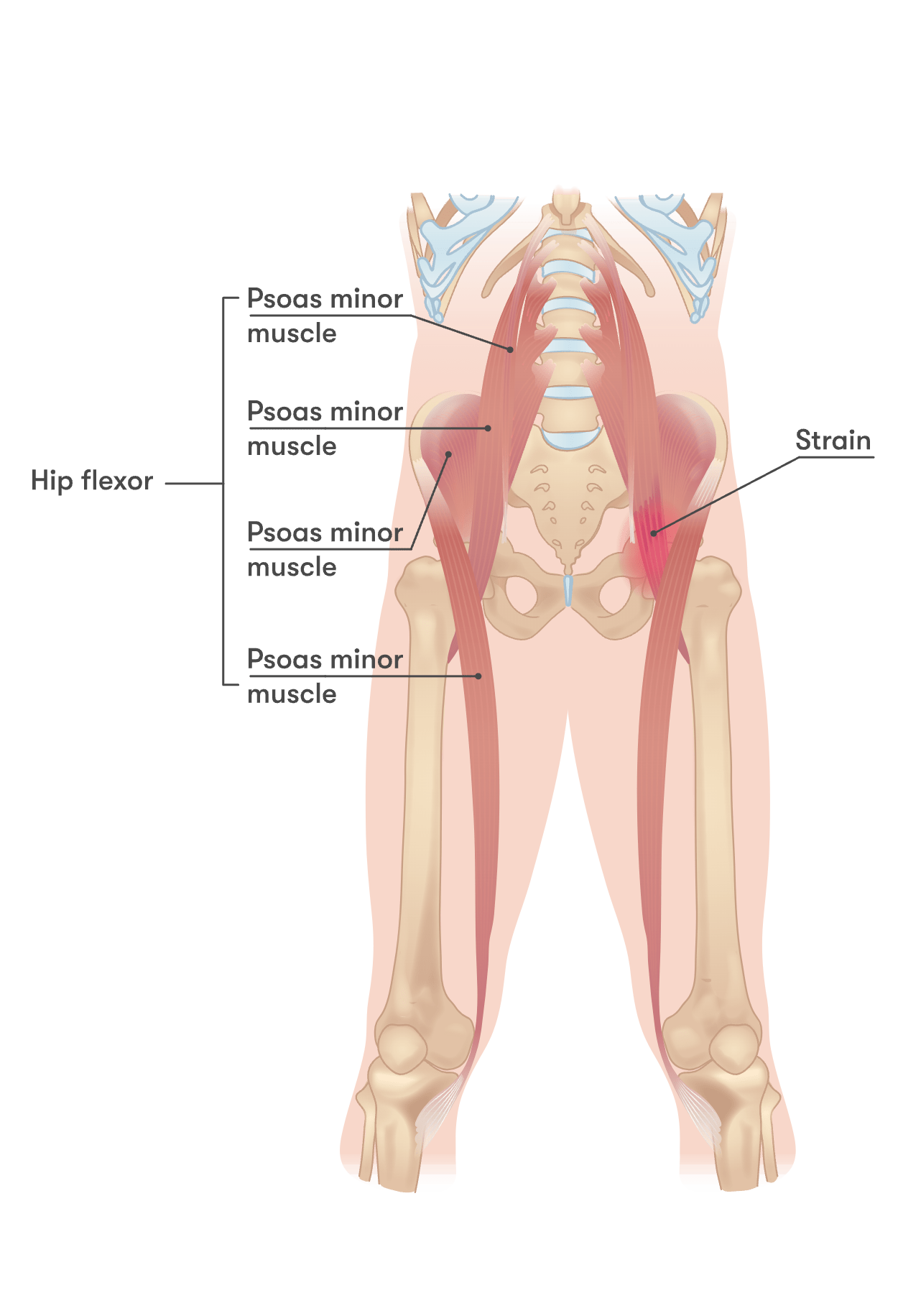








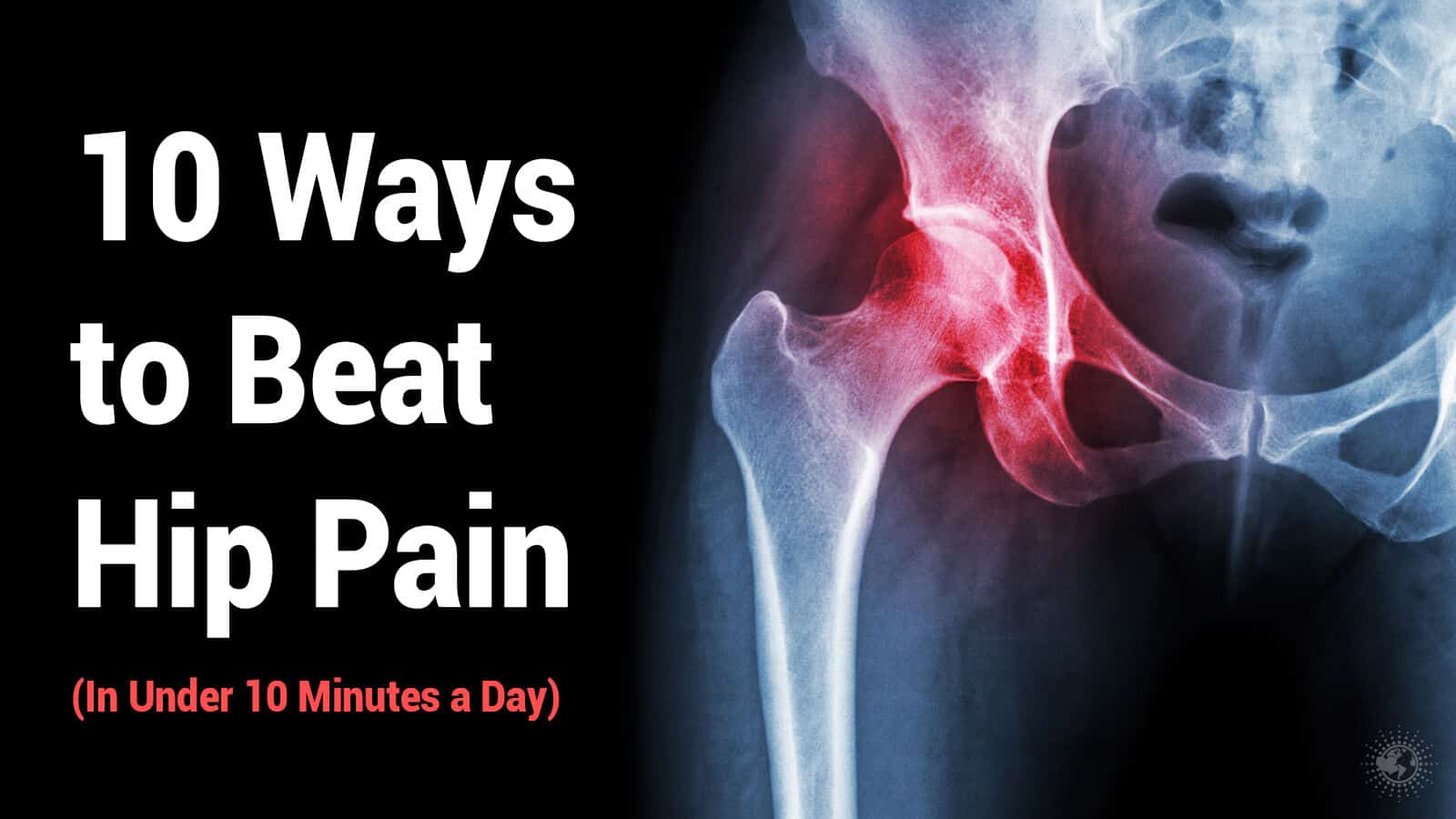


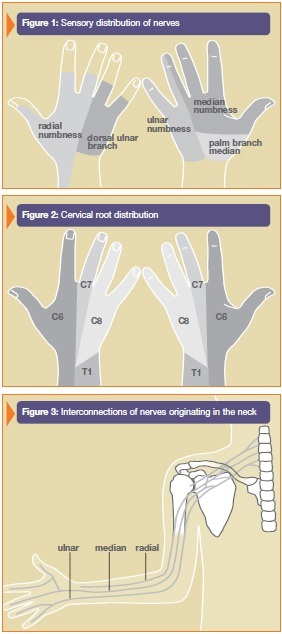





:max_bytes(150000):strip_icc()/tingling-numbness-2549269_V2-69a8afe7b9a24e42a04e8325ebbcf537.gif)

